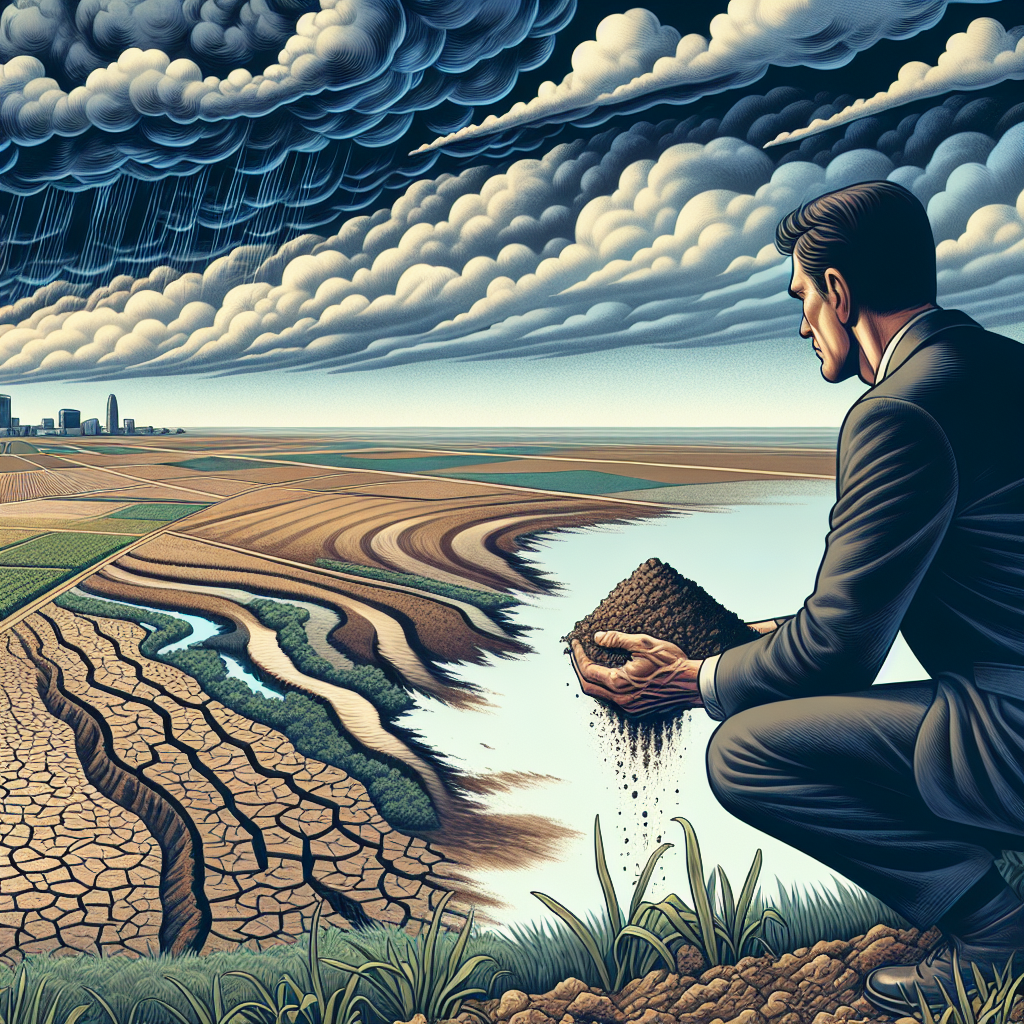Brooke Rollins’ stance on agricultural policy remains unclear, but her views on fossil fuels and climate change are clear. On Saturday, President-elect Donald Trump announced Rollins as his choice to lead the U.S. Department of Agriculture (USDA), after weeks of speculation. As a Trump administration adviser, Rollins was not considered a top contender for the position, which oversees various programs related to nutrition, farm subsidies, and forestry. However, under the Biden administration, the USDA will also play a significant role in addressing climate change and its impact on American farms.
Rollins, a lawyer with a degree in agricultural development and a background growing up on a farm in Texas, has little experience in agricultural policy. According to Ferd Hoefner, former head of policy for the National Sustainable Agriculture Coalition, she is relatively unknown in agricultural circles. This nomination has puzzled many in the agriculture industry, as other potential nominees were expected to be chosen. Karen Perry Stillerman, deputy director of the food and environment program at the Union of Concerned Scientists, commented that Rollins may have been the “last bon-bon in the box,” as Trump has been appointing cabinet positions quickly.
Rollins has been a loyal supporter of Trump for years. In a statement, Trump praised her for doing an “incredible job” during his first term. However, her lack of experience in agricultural policy raises questions about her qualifications for the position. It remains to be seen how Rollins will approach the various responsibilities of the USDA, including addressing climate change and its impact on American farms.
As Rollins takes on this new role, it is important to examine the topic from different angles and provide up-to-date information and relevant data. It is crucial to explain concepts in a clear and accessible manner, maintaining an engaging style that captures the reader’s interest. The goal is to provide comprehensive, balanced, and easy-to-read content that is irresistible to read.

